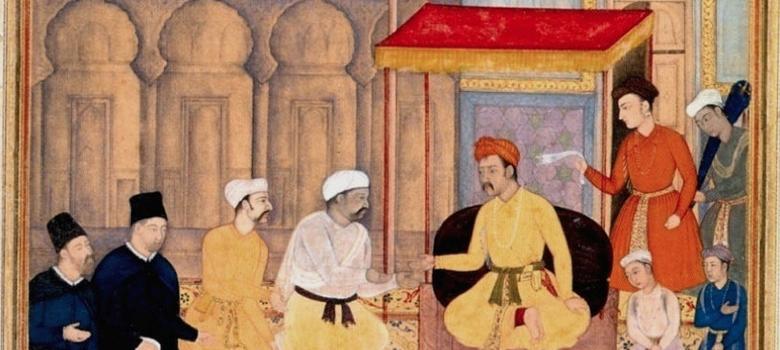Fatimah Waseem/The Diamondback

When senior bioengineering major Nahid Sultana came from Bangladesh to the United States, she was a 1-month-old baby.
For her parents, the journey meant a better education. But for Sultana, the journey meant leaving behind not only a country, but also a culture integral to her background.
Bangladesh’s official language, Bangla, became her mother’s tongue, not her mother tongue, just as it did for many second-generation youth.
Now, as thousands in Bangladesh celebrate Ekushey February — a day to commemorate the struggles of preserving the Bengali language — the struggle to preserve Bangla more than 1,000 miles away from home in neighboring Pakistan has never been more real.
Ekushey February — observed by the U.N. as International Mother Language Day every year since February 2000 — promotes linguistic and cultural diversity and multilingualism. It rewinds to Feb. 21, 1952 when Bangla-speaking students demonstrating for recognition of their language as one of the two national languages of Pakistan, were shot and killed by police in Dhaka, the capital of what is now Bangladesh.
It was the appreciation of an identity-molding language that prompted the Bangladesh Student Association to invite TED Talk speaker Samier Mansur, an advocate for promoting multiculturalism in Southeast Asia, who spoke Thursday night.
“I am the guy who can speak Bangla with aunties and uncles. I know Bengali humor — and even my American friends do,” said BSA president Nasif Ahmed. “This is the product of being in an environment — at school and at home — where we express these kinds of ideas.”
The only way to truly understand Ekushey February, Mansur said, is to understand the hundreds of years that led to the demonstration day just more than 61 years ago.
“Sure, it was about economic and political grievances, but essentially it was a culmination of 2,500 years of history of pluralism,” Mansur said. “We have to move past that one day and understand Bangladeshis’ history of pluralism to understand anything about this country.”
For Sultana, events like these have helped her connect back to her culture as she became absorbed in college life.
“Your language is who you are. Away from our original countries, we can do that in small ways — in our homes, our schools, and in our groups,” Sultana said.
Support structures such as BSA can often be a way to connect with people from across the spectrum, Ahmed said. He was born in the U.S. and has visited Bangladesh seven times, most recently in 2010.
“There are people here who have been doing the Bengali dance since the age of 5 and others who know nothing. We learn from that range of people,” he said.
Ahmed’s mother, Jannatul Ferdouse Ahmed, said trips back to Bangladesh help second-generation youth remember their roots.
Jannatul Ferdouse Ahmed tells her son stories about offering her chair to her father when she heard the faintest sounds of his footsteps, and speaks with them in Bangla, even if it means hearing a Bangla-English mix back.
In the past, Bangla was more than a language for Bangladesh — it became the tongue and heart of its people in the call for independence from Pakistan in the late 1900s.
Concerns over lack of government representation ignited when the West imposed Urdu as the official language of the state, barring a language key to Bengali’s rich cultural heritage in courts, education institutions and government offices.
This Language Movement of 1952 became a call for the preservation of a language, culture and identity, with thousands taking to the streets to preserve the right to speak and write in their mother language. By 1956, Bangla was recognized as an official language, setting the pace for the country’s independence in 1971.
“Language is your source of identity. Identity tells your story and reveals your highest aspirations. We have to ask ourselves: What are our aspirations?” Mansur said.
And even if the younger generations cannot visit Bangladesh, being able to understand their home country’s native tongue will forever keep them bonded.
“I may not be going back to Bangladesh ever,” said Merina Elahi, a senior biology major, “but I can go back in my parents’ country’s past and learn something.”








